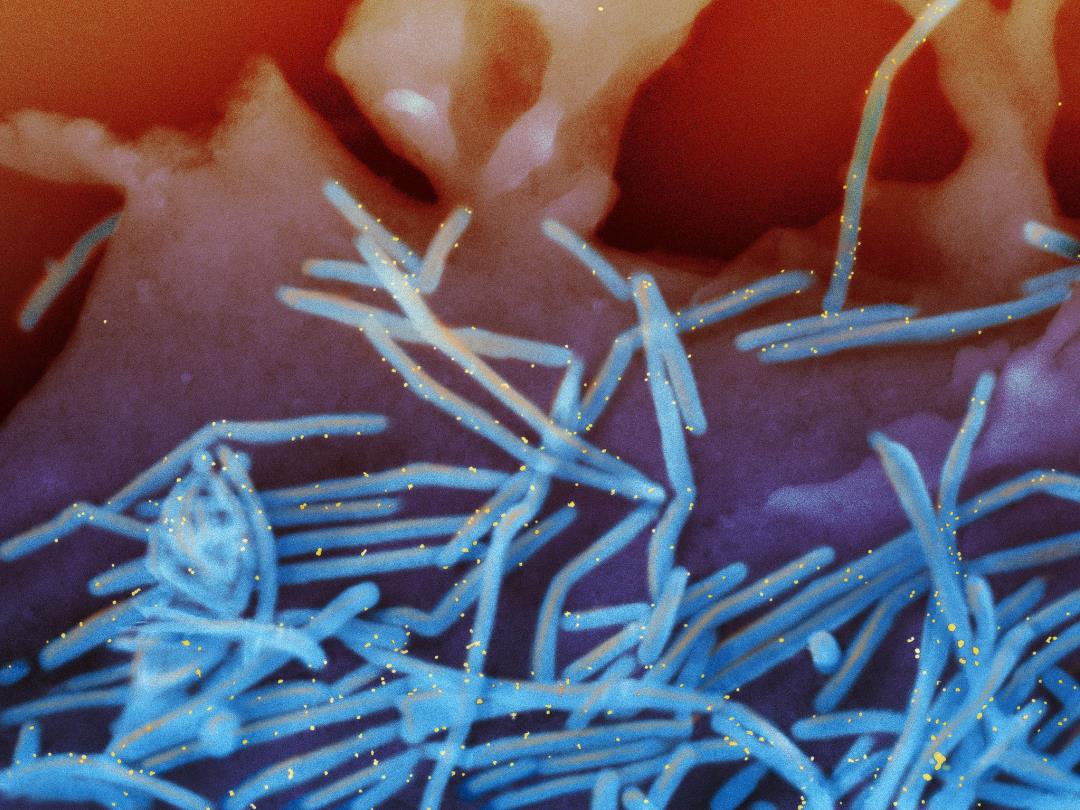Drug to Protect Babies From RSV Gets Green Light
US officials on Monday approved the first long-acting drug to protect babies and toddlers against a respiratory virus that sends tens of thousands of American children to the hospital each year. RSV is a cold-like nuisance for most healthy people, but it can be life-threatening in the very young and the elderly. The Food and Drug Administration approved the injection for infants and children up to 2 years old who face increased risk of severe RSV, the AP reports. “Today’s approval addresses the great need for products to help reduce the impact of RSV disease on children, families, and the health care system” the FDA’s Dr. John Farley said in a statement.
Last year, a surge in RSV cases flooded US hospitals with wheezing children. There are no vaccines for babies yet, though Pfizer and other companies are working on them. AstraZeneca’s drug, to be sold under the brand name Beyfortus, is a laboratory-made version of an antibody that helps the immune system fight off RSV. Under the FDA approval, babies—including preterm infants—can receive a single injection to protect against their first season of RSV, which typically lasts about five months. Children up to age 2 can receive another dose to protect them during their second season facing the virus.
Beyfortus, which will be marketed in the US by Sanofi, is already approved in Canada, Europe, and the UK. FDA officials approved the drug based on three studies showing Beyfortus reduced the risk of RSV infection between 70% and 75% among infants and children 2 and younger. A similar antibody drug won FDA approval more than 20 years ago, but it’s only recommended for high-risk babies and requires monthly injections. In the US, about 58,000 children younger than 5 are hospitalized for RSV each year and several hundred die.
(Read more RSV stories.)
No Byline Policy
Editorial Guidelines
Corrections Policy
Source
